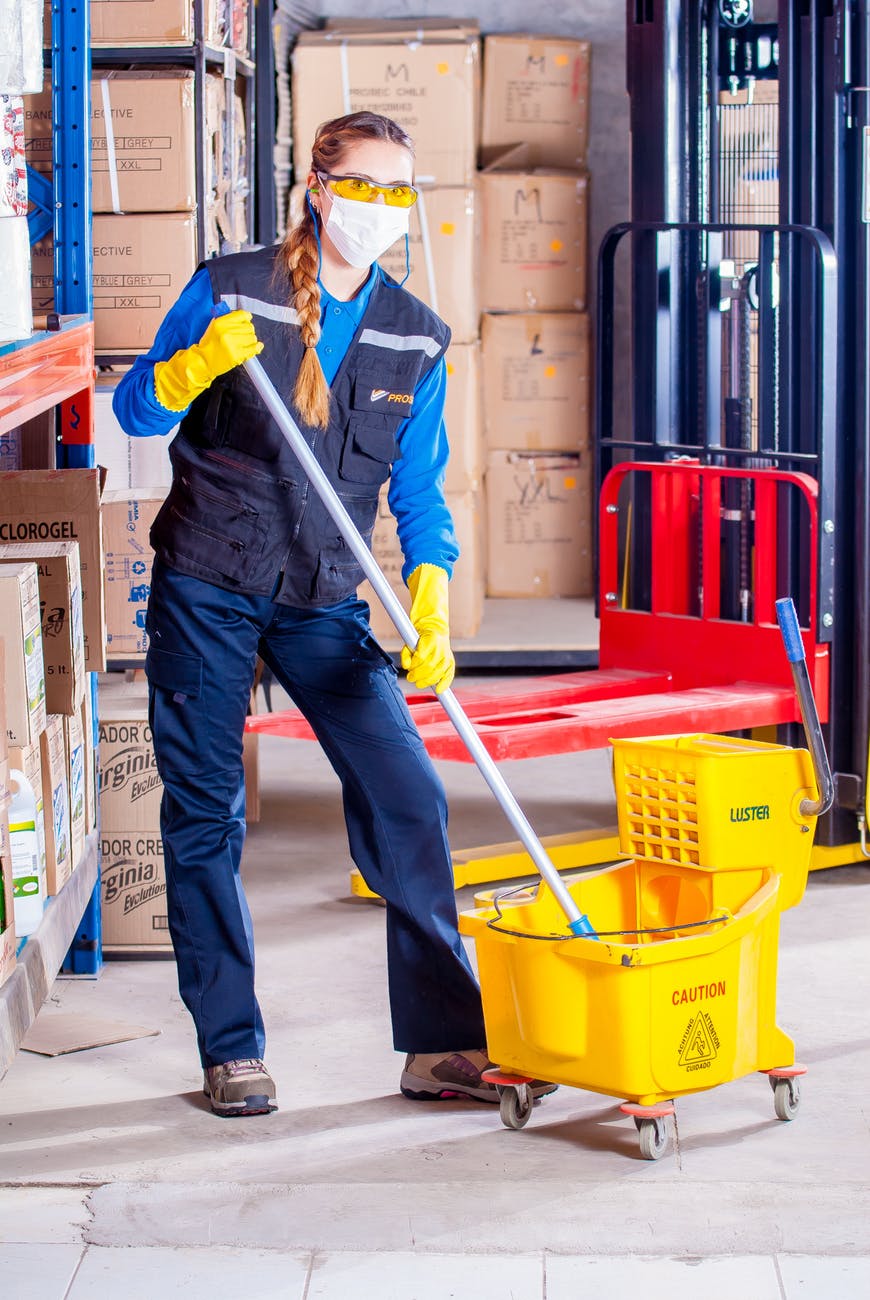Women who work as cleaners or regularly use cleaning sprays or other cleaning products at home appear to experience a greater decline in lung function over time than women who do not clean, according to new research published online in the American Thoracic Society's American Journal of Respiratory and Critical Care Medicine.
In "Cleaning at Home and at Work in Relation to Lung Function Decline and Airway Obstruction," researchers at the University of Bergen in Norway analyzed data from 6,235 participants in the European Community Respiratory Health Survey. The participants, whose average age was 34 when they enrolled, were followed for more than 20 years.
The study found that compared to women not engaged in cleaning:
- Forced expiratory volume in one second (FEV1), or the amount of air a person can forcibly exhale in one second, declined 3.6 milliliters (ml)/year faster in women who cleaned at home and 3.9 ml/year faster in women who worked as cleaners.
- Forced vital capacity (FVC), or the total amount of air a person can forcibly exhale, declined 4.3 ml/year faster in women who cleaned at home and 7.1 ml/year faster in women who worked as cleaners.
The authors found that the accelerated lung function decline in the women working as cleaners was "comparable to smoking somewhat less than 20 pack- years.
